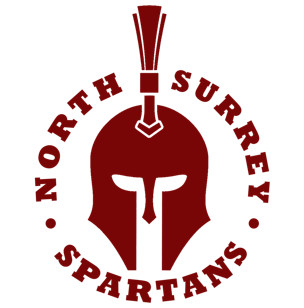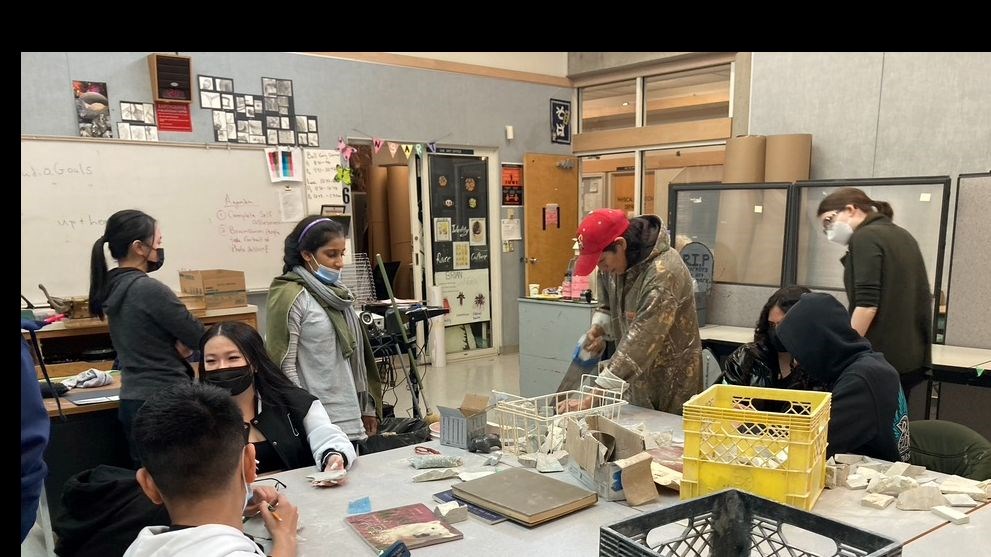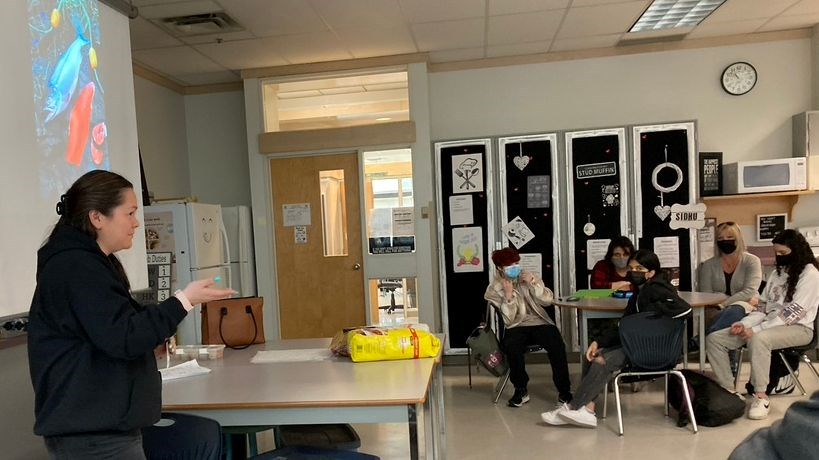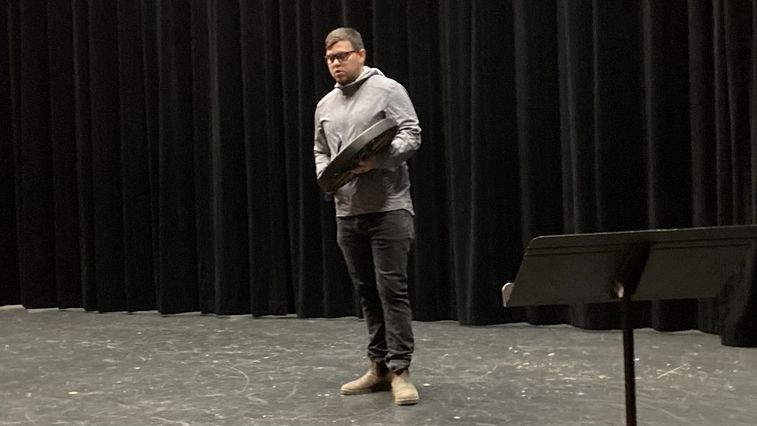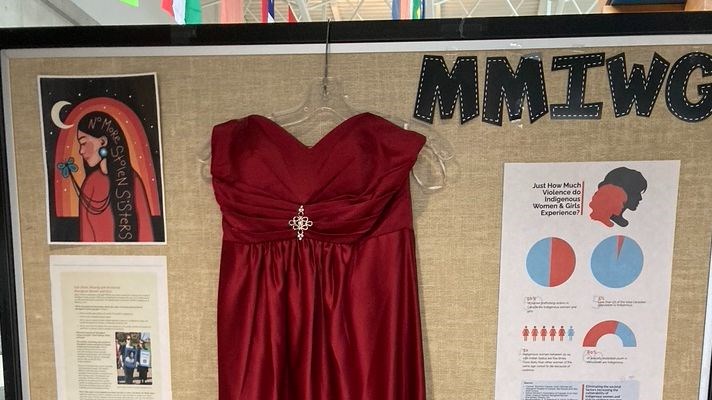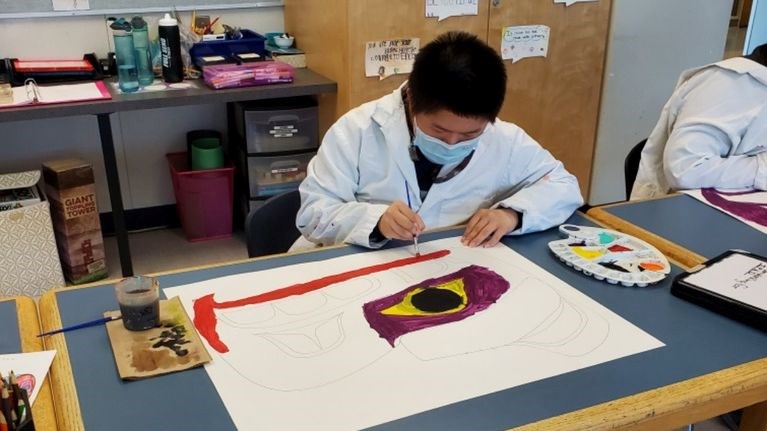First Peoples in Residence Week (Spring)
Surrey Schools ‘First Peoples in Residence’ week is a program of cultural facilitation intended to bring together students and staff with Indigenous teachers, elders, and cultural leaders, providing both Indigenous and non-Indigenous students an opportunity to experience Indigenous worldviews and perspectives. In April, North Surrey Secondary hosted its annual ‘First Peoples in Residence’ week. Mr. Brandon Misura and Ms. Shelin Kassam are North Surrey’s Indigenous Graduation Advisors. Together, the two coordinated this year’s events and created a positive and valuable week of learning and awareness building for the students and staff here at North Surrey Secondary, who were thankful and honored for the opportunity to learn from each of the distinguished presenters who worked with classes throughout the week.
In addition to the breadth of knowledge the week’s teachings provided, they also worked to break down barriers to understanding Indigenous worldviews and perspectives among the participants of the classes. The individual presentations, although unique in content, all facilitated developing connections to spirit, the earth, and to each other—adding additional layers of understanding to the lens we look at life through. Increased awareness of self, land, and others increases the compassion and empathy that students carry forward, shaping them to become better equipped members of our local and global communities. The classes provided an opportunity to celebrate, share, and deepen understandings of Indigenous cultures and realities, as well as creating spaces for awareness building and learning—both crucial in realizing what reconciliation is and looks like.
Reconciliation is critical and continuous; it means respecting Indigenous beliefs, cultures, rights, lands, and goals; it means recognizing and learning about the continual impacts of colonization and genocide; and realizing the steps non-Indigenous peoples can take to achieve solidarity, aid in restitution, and ultimately seek reconciliation with Indigenous peoples. As students, one of the first steps we can take towards reconciliation is being willing to listen and learn from Indigenous peoples and perspectives. In this way, reconciliation can begin in our classrooms. However, teaching Indigenous worldviews and history solely based on the current curriculum is not sufficient to work towards reconciliation through education. Ms. Shelin Kassam points out that she was “a product of the BC education system and never learned about Residential schools or the Indian act until [she] was well out of school.” She found this shocking and therefore finds it “absolutely necessary to take on the responsibility of educating today's youth so we can stop the cycle of stereotyping and failing to understand Canada’s history.”
It is one thing to choose to teach Indigenous literature and Canadian history from the perspective of Indigenous peoples, however it is another thing entirely to listen and include Indigenous perspectives and participation in creating a curriculum that includes Indigenous cultures, realities, and history. Mr. Brandon Misura highlights this by stating, “It is my greatest hope that these fundamental components of ‘First Peoples in Residence’ are woven into a more cohesive and inclusive everyday curriculum. By incorporating Indigenous views, perspectives, and knowledge of Indigenous people themselves education may evolve into a vehicle and mechanism of reconciliation.”
It is crucial to take what we learn in our classrooms, including what was presented during the ‘First Peoples in Residence’ week and continually expand upon and share our learning with those around us. Through continual education there is a hope that non-Indigenous peoples will become allies to Indigenous peoples and work on parallel tracks towards a more equitable Canada for all of its citizens. Whether it be engaging in conversations with your friends and family, reading a book or watching a documentary, supporting Indigenous artists and activists, or advocating to a local representative, the Premiere, or the Prime Minister to implement the Truth and Reconciliation Commissions 94 calls to action and the 231 Calls to Justice published in the final Report on Murdered and Missing Indigenous Women, Girls, and Two-Spirited peoples— there is always further action that can be taken to learn more and participate in reconciliation.

